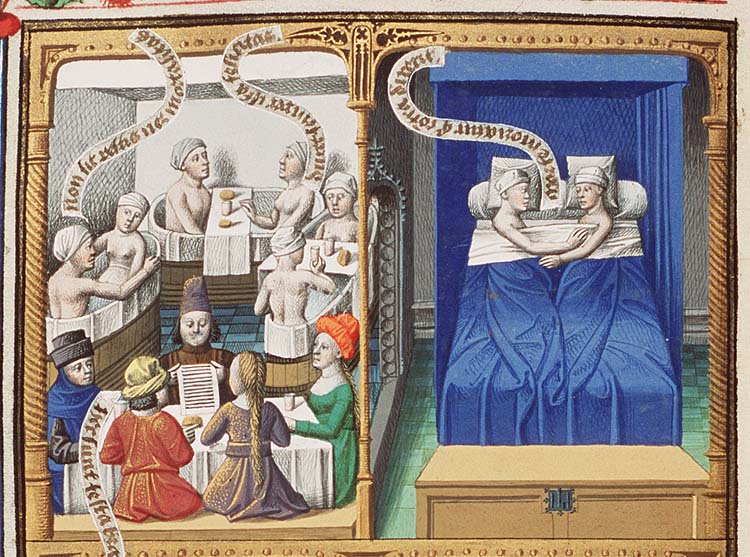I've been curious about what happened to hygiene after the Norman Invasion of England. As Saxons and Vikings bathed regularly, what happened in the Middle Ages when personal hygiene was very rare i.e Richest people in the country bathing around 4 times a year and peasants almost never. Anyone know what happened?





 Reply With Quote
Reply With Quote























